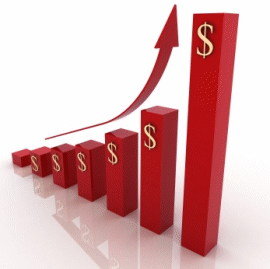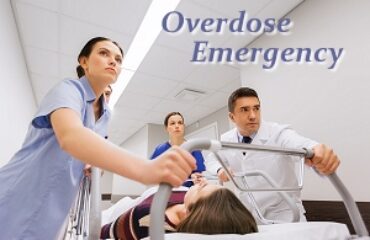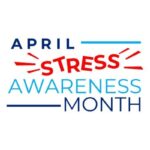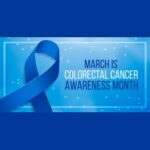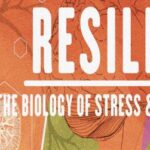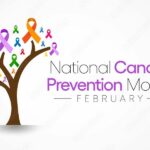Recovering From Heroin Addiction

Opioid addiction is a particularly difficult addictive disorder to deal with because it creates not only a strong psychological dependency, but also a powerful physical dependency. The progression of opioid addiction is rapid for most people because of the euphoric effects (stimulation of the brain’s pleasure/reward center) and increased tolerance to the drug. Increased tolerance leads to needing more of the drug to achieve the same effect.
WFMY News2 has done a great job covering the Triad community’s concerns regarding opioid misuse and opioid overdose. While ringing the alarm bell has been very important, it is also important to educate people on the fact that opioid addiction is a treatable illness.
In the recent WFMY video below, recovery from addiction is highlighted and enlightening information is shared about the benefits of medication-assisted treatment. Medication-Assisted Treatment (MAT) is often misunderstood by the larger community as “just substituting one drug for another”. This is not an accurate representation and sadly misleads people into thinking that addicted patients are just trying to get high on another “legal” drug. MAT allows addicted individuals to reduce their risk of drug relapse & overdose, and allows them to gain a foothold on realigning themselves with normal daily responsibilities.
 Medication-assisted treatment functions to remove the painful opioid withdrawal symptoms that perpetuate the use of dangerous street drugs. Many people have died in addiction that could have been saved if they had considered the option of medication-assisted treatment. MAT is becoming more popular as a result of strong scientific evidence demonstrating its effectiveness and life-saving outcomes.
Medication-assisted treatment functions to remove the painful opioid withdrawal symptoms that perpetuate the use of dangerous street drugs. Many people have died in addiction that could have been saved if they had considered the option of medication-assisted treatment. MAT is becoming more popular as a result of strong scientific evidence demonstrating its effectiveness and life-saving outcomes.
SAMHSA Overview on: Medication-Assisted Treatment (MAT)


